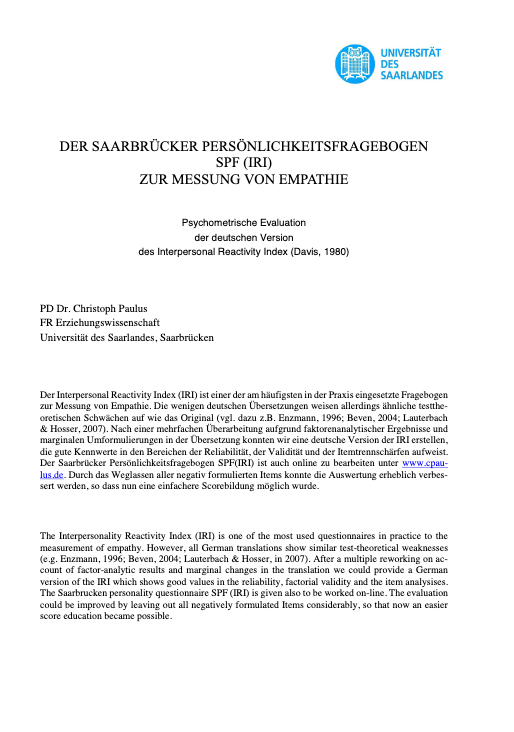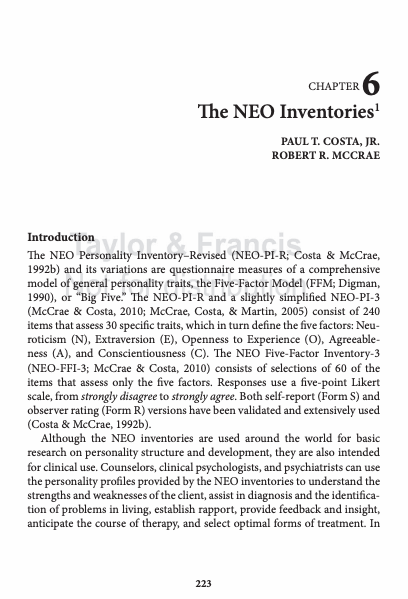The speed dating validation data will be made available as the challenge progresses. We will inform you with a news item and a message on the mailing list, once it is available. We provide general information on the dataset below.
Speed Dating Dataset
The speed dating dataset consists of online video-call speed dates between students in an uncontrolled environment, where they can use any device at any location to join the speed date. Each participant identifying as male/female had several speed dates with people identifying as female/male.
The data collection process began with participants receiving a link to an online questionnaire hosted on the SoSciSurvey platform. After confirming a consent form in compliance with the General Data Protection Regulations (GDPR), participants completed the personality (Neo-FFI) (Costa Jr. & McCrae, 2008) and empathy (SPF) (Paulus, 2009) questionnaires, and provided demographic information. They subsequently scheduled their preferred speed dating session with the investigator and participated via Microsoft Teams. Each session consisted of ~6-minute speed dates with opposite-gender partners, followed by short questions evaluating their impressions of the partners. Upon completion of all dates, participants could request contact information for preferred partners, which the experimenter shared in cases of mutual interest.
Eligible participants were required to be single or in an open relationship, interested in the opposite gender, aged between 18 and 30 years, and have German as their mother tongue. The dataset comprises 227 speed dates involving 102 participants, evenly distributed between 51 males and 51 females. The overall age range is 18 to 33, with a mean age of 22.8 and a median age of 23. Female participants' ages range from 18 to 30, with a mean of 22.75 and a median of 22, while male participants' ages range from 18 to 33, with a mean of 23.04 and a median of 23.
The uncontrolled nature of this dataset introduces a number of challenges. Some interactions feature participants joining in a dark room where their visual features are hardly visible. In other cases, participants move their camera and change their position, causing instability.
After each interaction, participants answered seven post-interaction questions on a scale of 1-7, where 1 means extremely disagree and 7 means extremely agree.
- My counterpart is likeable to me.
- I like my counterpart.
- My counterpart is similar to me.
- My counterpart is trustworthy.
- My counterpart is attractive.
- Can you imagine meeting your counterpart in person?
- Would you like to have your counterpart's contact details?
For the purpose of the MultiMediate’24 challenge, we are in the process of annotating 50 speed dates with engagement of each participant on a per-frame level. Participants will receive a validation set of 25 interactions including ground truth annotations which they can use to develop their approaches during the challenge. Two weeks before the challenge submission deadline, the test set of 25 interactions will be released to the participants (without ground truth).
References:

